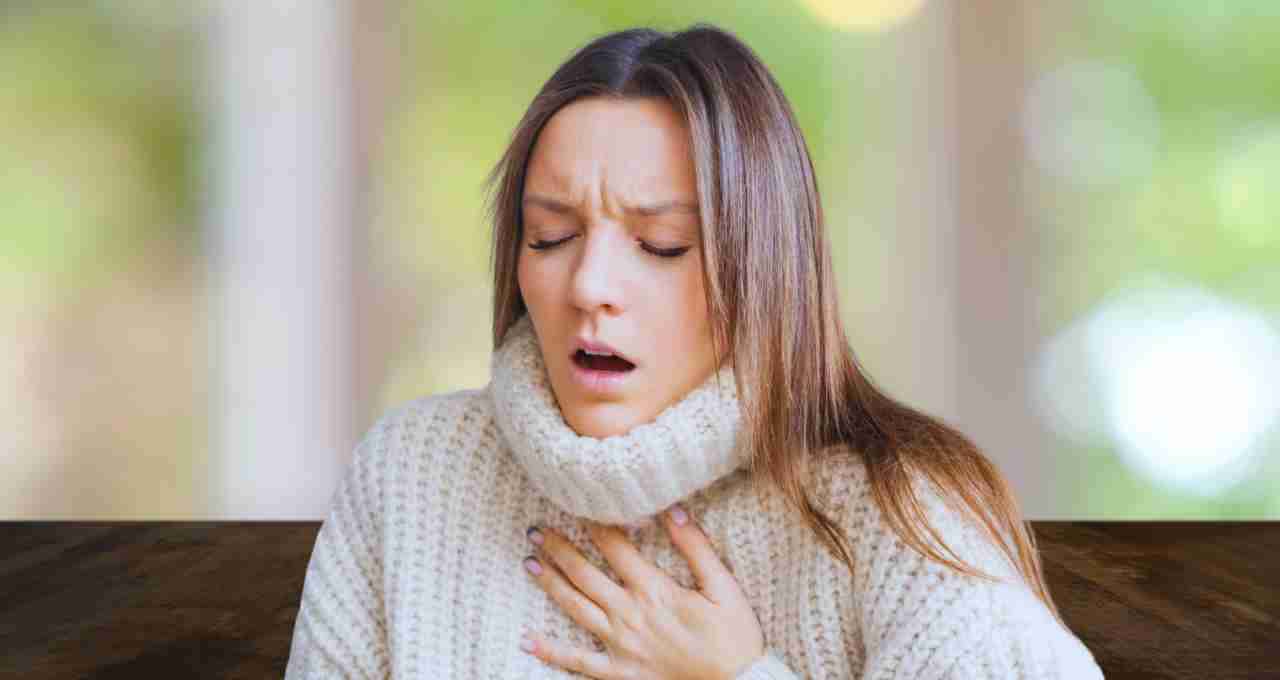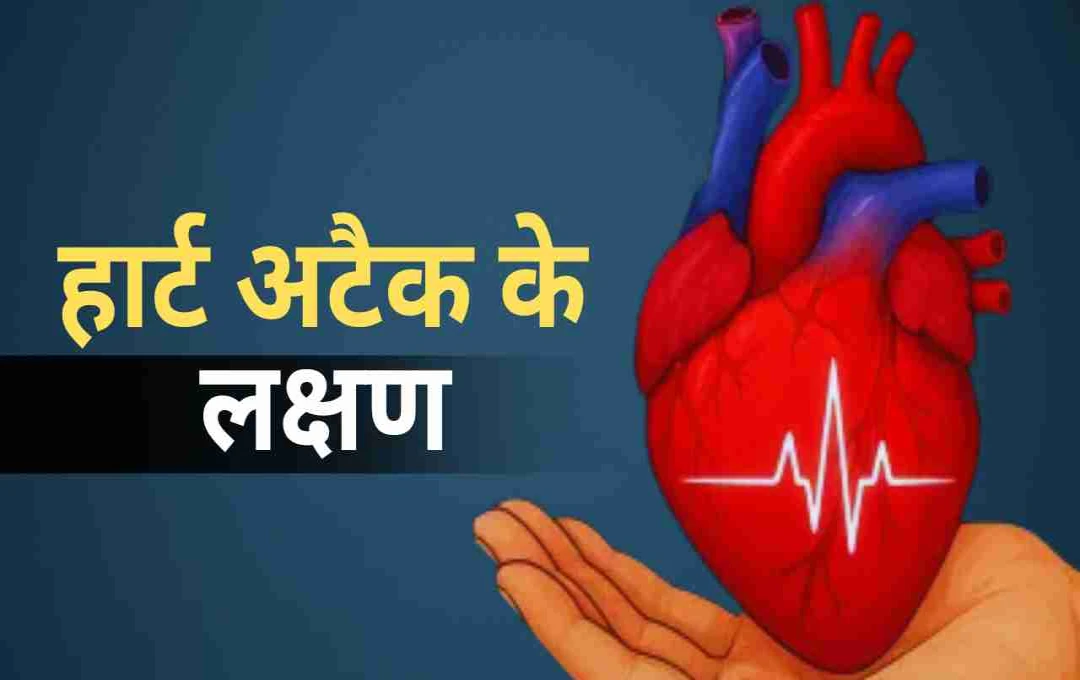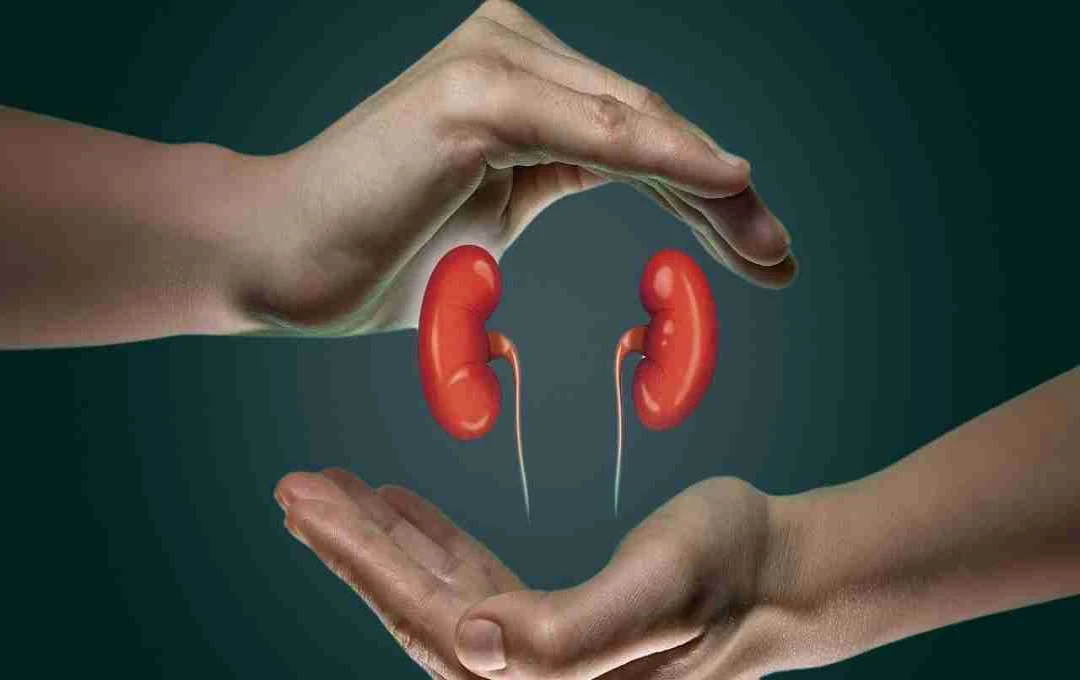We've all heard about heart attacks, also known as myocardial infarctions, at some point, but we often don't take the warning signs seriously. Most people believe that a heart attack means severe chest pain and pressure on the left side. However, did you know that the body gives many other signs before a heart attack, which, if recognized in time, can save a life? A heart attack doesn't just happen in an instant; it begins gradually and gives signals in different parts of the body.
1. Unusual pain in the arm, elbow, or shoulder

Pain in the left arm is considered a common symptom before a heart attack, but this pain is not limited to just the left arm. This pain can also spread to the elbow, shoulder, or even the right arm and back. The pain often starts slowly and may gradually intensify.
This type of pain occurs when the heart muscles are not getting enough blood supply.
How to recognize it?
- Heaviness or burning sensation in the arms without any apparent reason
- Persistent pain even while resting
- Weakness or tingling along with the pain
What to do?
- If the pain lasts for more than a few minutes, and you are experiencing shortness of breath or chest pressure, go to the medical emergency immediately.
2. Mysterious pain in the jaw or neck
Sudden pain or pressure in the jaw can also be a warning sign, especially when this pain is spreading towards the chest or neck, back, and shoulders. People often dismiss it, considering it as a dental or gum problem, which can be dangerous.
This symptom is more often seen in women because traditional symptoms (like severe chest pain) are less apparent in them.
Be cautious when
- Jaw pain occurs without any dental problems
- There is fatigue, sweating, or shortness of breath
- The pain feels like pressure and occurs repeatedly
3. Sweating without any reason (cold sweat)

Sweating is a normal physiological process, but when it occurs without heat or exertion, and especially in the form of cold sweat, it can be a big danger. This is the body's "fight or flight" response when the heart is under stress.
Symptoms
- Sudden cold sweat on the forehead or back of the neck
- Feeling of body shivering
- Anxiety or restlessness along with sweating
What to do?
- Do not ignore this kind of sweating, especially if you are diabetic, have high blood pressure, or are a heart patient.
4. Excessive fatigue or weakness
If you are feeling tired even in doing small everyday tasks like changing clothes, walking a short distance, or getting out of bed, this can be a sign of heart problems. If the heart is not pumping blood properly, there is a lack of oxygen in the body, which causes fatigue.
Symptoms
- Feeling tired without doing any work
- Lethargy all the time
- Shortness of breath or dizziness while climbing stairs
When to be alert?
- If fatigue increases suddenly, and other symptoms are also present, see a doctor without delay.
5. Shortness of breath (dyspnea)

Shortness of breath or feeling heavy, especially at rest, is a serious sign of a heart attack. This indicates that enough oxygen is not reaching the heart, and the body is working harder to compensate.
How to recognize it?
- Shortness of breath even without running or exertion
- Breathing intermittently while speaking
- Suffocation or discomfort while lying down
Dangerous when
- This symptom appears with chest tightness, sweating, and dizziness.
What to do to prevent a heart attack?
- Get regular health check-ups, especially after the age of 40.
- Avoid smoking and alcohol.
- Include a balanced diet and regular exercise in your routine.
- Do yoga and meditation to reduce stress.
- Do not ignore the family heart history; genetic factors are also responsible.
The heart is the center of our life, and when it is in trouble, the body repeatedly gives us signals. If the above-mentioned symptoms appear frequently, do not ignore them as minor. By being alert in time, not only can you save your life, but the quality of life can also be improved. Remember, every heartbeat is precious - recognize it, listen to it, and keep it safe.















